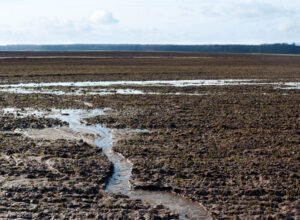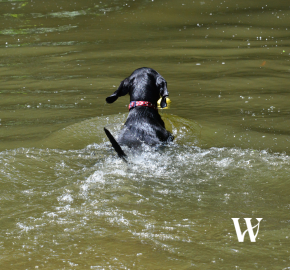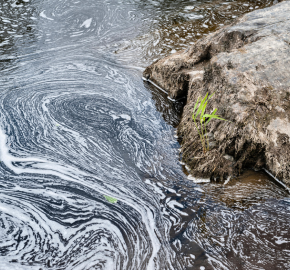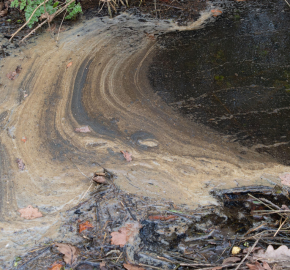The River Usk: A dying river?
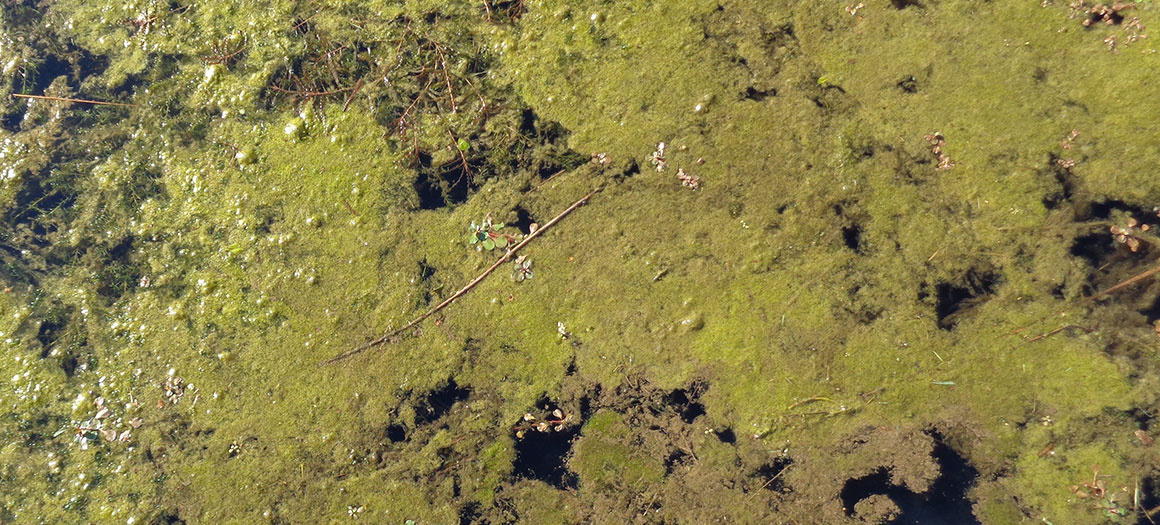
Dr. Guy Mawle submits our final river case study for 2021. The Usk is his focus, a river his has known for over forty years and one that tells a very sorry tale.
Many of us have strong links to a particular river. For me, that river is the Usk in South Wales which I have known for forty years, at times in a professional capacity. Its wild trout fishing attracts visitors from far and wide. The Usk is also famed for its salmon angling and often having the highest catch rate of any river in Wales. In recent years, I have perceived a degradation not only in the abundance of fish but in the wider ecology of the river.
‘Without data you’re just another person with an opinion’, as the saying goes, so I looked to see if the available data justified my concerns. The result is a report: ‘A dying river? The state of the river Usk’ and it is my view that these findings offer wider lessons for other rivers in Wales, if not England and beyond.
What does the report tell us about the ecology of the River Usk?
The report shows that the ecology of the river is degraded and deteriorating. It also highlights that those charged with looking after it have only a limited awareness not only of its condition but factors that may be damaging it, such as sediment from soil erosion and pesticides. What’s more, those responsible for the river’s protection have not been taking the required action to maintain and restore it, including the habitats and species – specially protected by legislation – that depend on the river to survive. It may be hard to believe but the Usk is designated a Special Area of Conservation.
What is the impact of this degradation on freshwater species?
It is not only the fish populations that are depleted in the River Usk. Water crowfoot (Ranunculus spp), a key habitat for both fish and fly life, has been lost from most of the river. The Freshwater Pearl Mussel may now be extinct. The Usk was a stronghold for the rare Yellow Mayfly (Potomanthus luteus) but its current status is unknown. Even the otter population, recently cited as a symbol of recovery in both England and Wales, has now taken a step backwards, due perhaps to a reduced abundance of prey
What does the future look like for the River Usk?
In Wales, responsibility for the environment is devolved to the Senedd, the Welsh Parliament, which has declared a ‘Nature Emergency’. Wales has its own legislation, which has been praised by the United Nations as a model for the world. Nikhil Seth (Former Head of Sustainable Development at the United Nations) said:
“We hope that what Wales is doing today the world will do tomorrow. Action, more than words, is the hope for our current and future generations.”
Sounds good, doesn’t it.
The aim is to deliver the ‘Sustainable Management of Natural Resources’. Rivers and streams are a ‘priority habitat’. Natural Resources Wales (NRW) is the key body for monitoring and regulation of this legislation.
Regrettably, action hasn’t matched the words.
Looking at the Usk today, little has been achieved since the legislation was passed and, in some ways, progress in Wales has fallen even behind England. For example, England has had regulations since 2018 to address soil erosion from farming. These regulations do not exist in Wales. Added to which, increasing publicity over sewage, has resulted in English Ministers and MPs belated realisation that the public is concerned about the state of our rivers – but what of Agriculture?
If NRW and the Welsh Government are to be judged by results, they have both failed.

